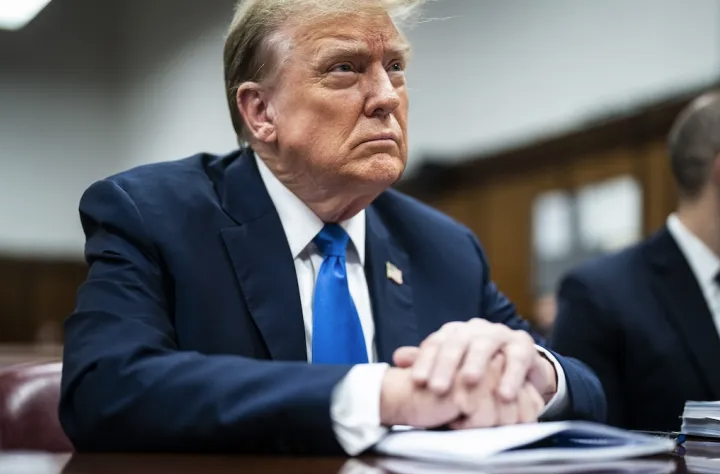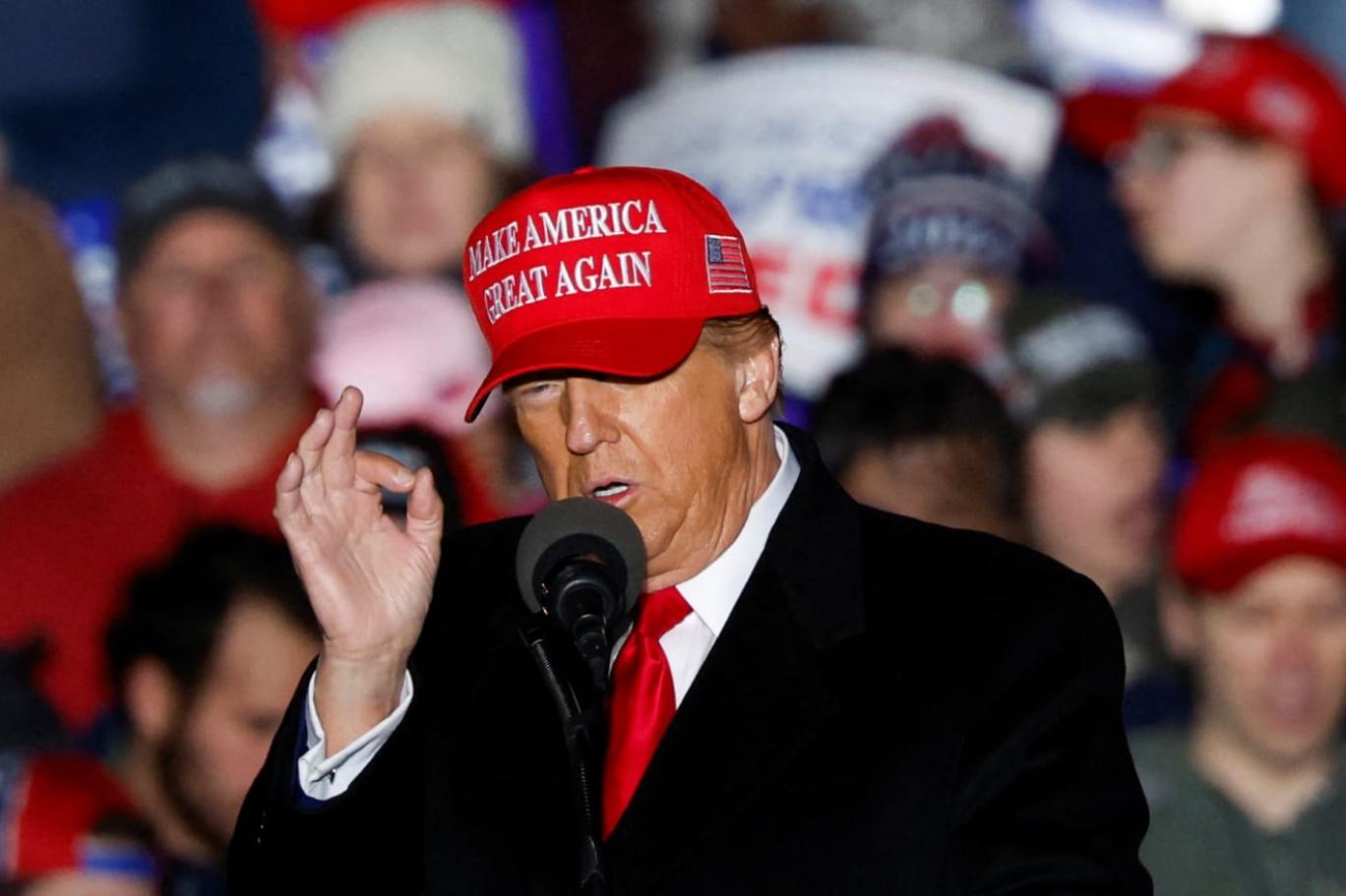The Supreme Court has agreed to weigh in on whether former President Donald Trump can face prosecution for alleged interference with the 2020 election, setting a course for a swift resolution.
The court’s decision puts a hold on preparations for a trial centered on Trump’s efforts to challenge his electoral defeat. Arguments are scheduled to be heard in late April, with a ruling expected by the end of June.
However, even with an expedited timeline, the court’s intervention raises doubts about whether a trial for Trump, if the justices reject his immunity claim, can be completed before the November election.
Trump’s legal team has pushed to postpone any trial until after the election.
By addressing this legally untested question now, the justices have introduced uncertainty, contrary to the wishes of special counsel Jack Smith, who initially urged the court in December to intervene immediately. Smith had proposed an earlier argument schedule than the late April timeframe.
Representatives for Trump and Smith have not yet responded to requests for comment.
In an unsigned statement, the court stated it will examine “whether and to what extent a former President is entitled to presidential immunity from criminal prosecution for actions alleged to involve official duties during their time in office.”
Previously, the Supreme Court ruled that presidents are immune from civil lawsuits for official acts. Trump’s lawyers have argued that this protection should extend to criminal prosecution as well.
Lower courts have rejected Trump’s assertion of absolute immunity for actions taken during his presidency. In February, a panel of appellate judges in Washington upheld a ruling by U.S. District Judge Tanya Chutkan, affirming that Trump can be prosecuted for actions taken while in office, including leading up to the January 6, 2021, Capitol riot.
The case came before the Supreme Court after the appeals court denied Trump’s request for a delay.
This case is distinct from another matter before the court concerning Trump’s bid to remain on the presidential ballot despite challenges arising from his post-election actions in 2020. During arguments on February 8, the court appeared inclined to rule in Trump’s favor. A decision is pending.
Additionally, in April, the court will hear an appeal from one of the individuals charged in the Capitol riot. The outcome could affect charges against over 300 defendants, including Trump.
Among the four prosecutions Trump faces as he seeks to return to the White House, only his New York state case, involving charges of falsifying business records related to hush money payments, has a trial date set for March 25. The judge overseeing that case has signaled a readiness to proceed.

/cloudfront-us-east-1.images.arcpublishing.com/tbt/G25HS4RVN53EIXVTHMJZNTIKG4.jpg)


